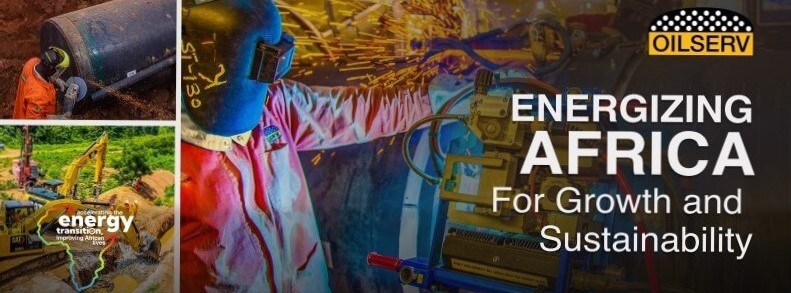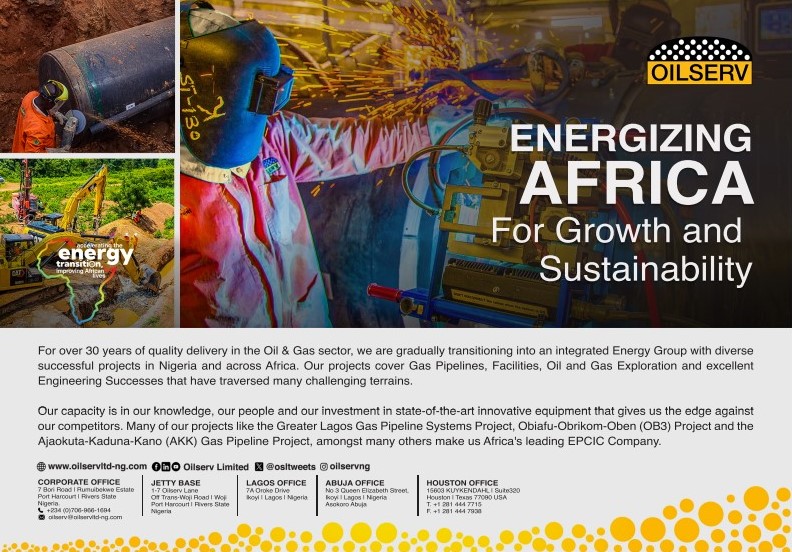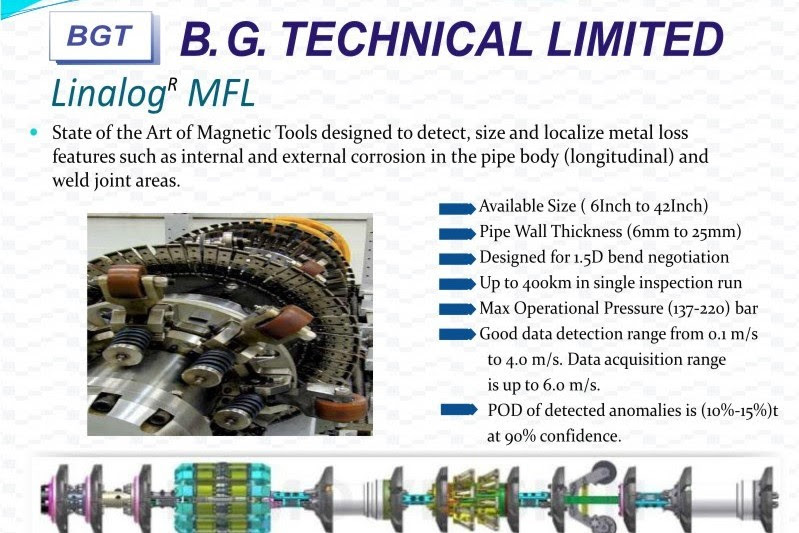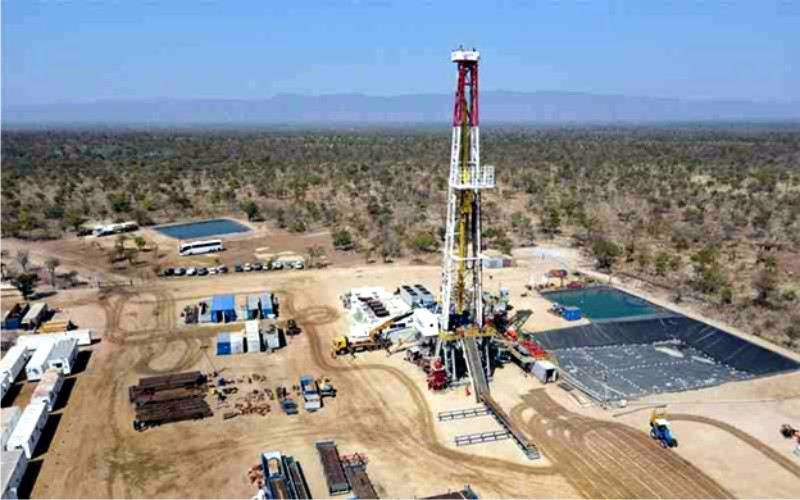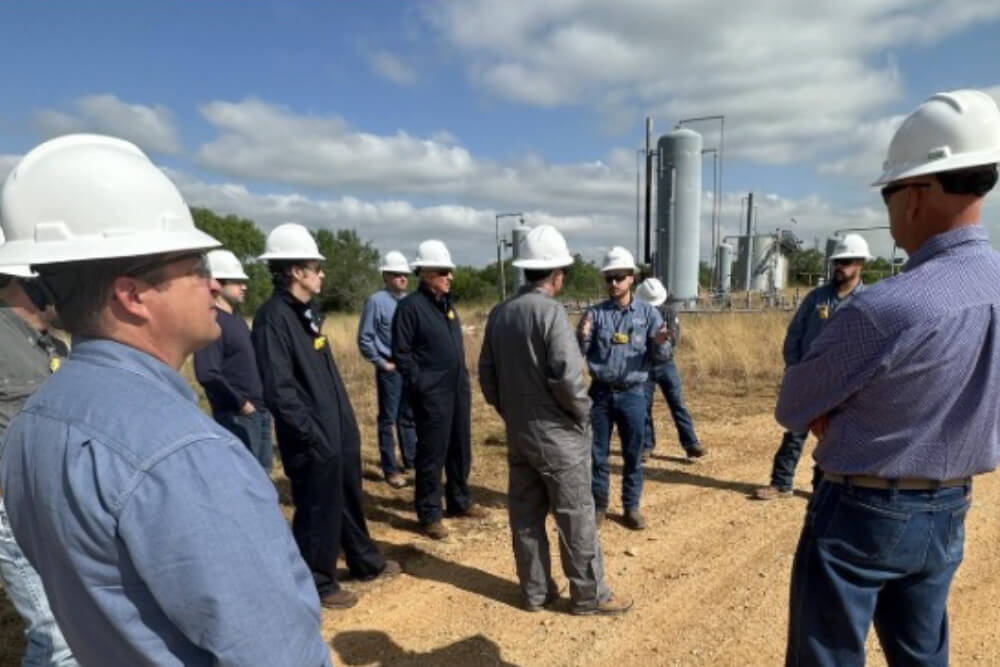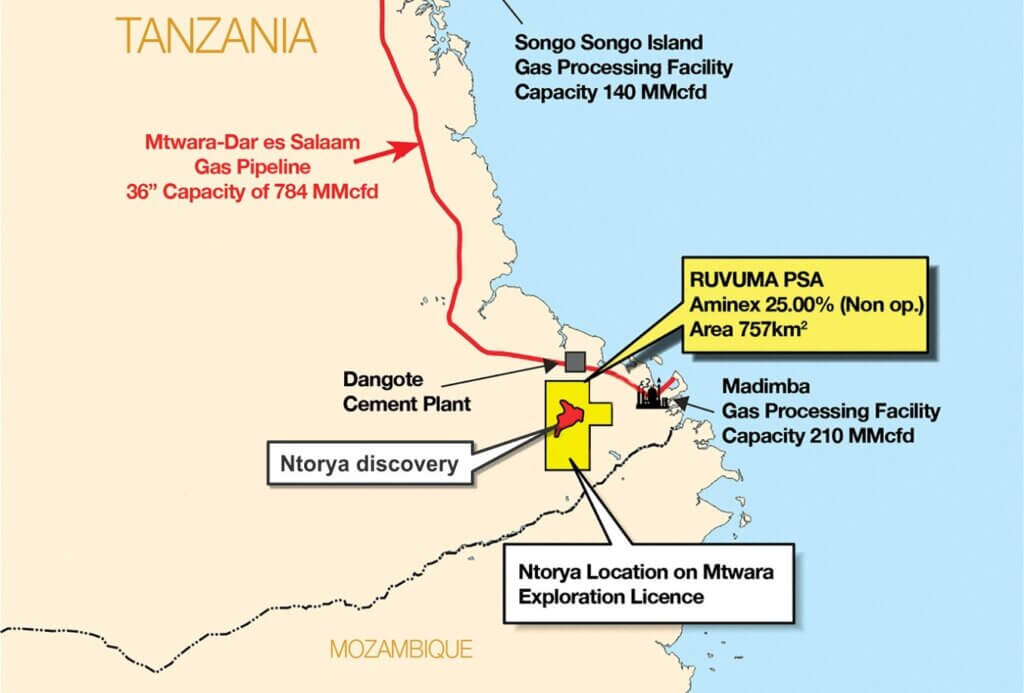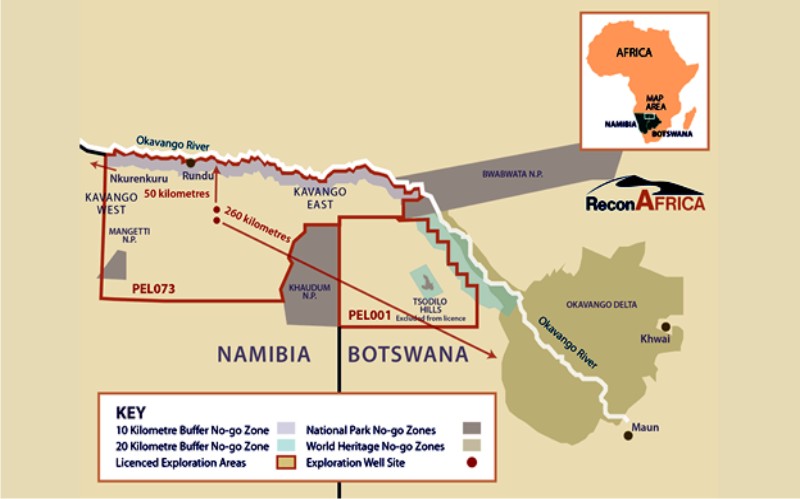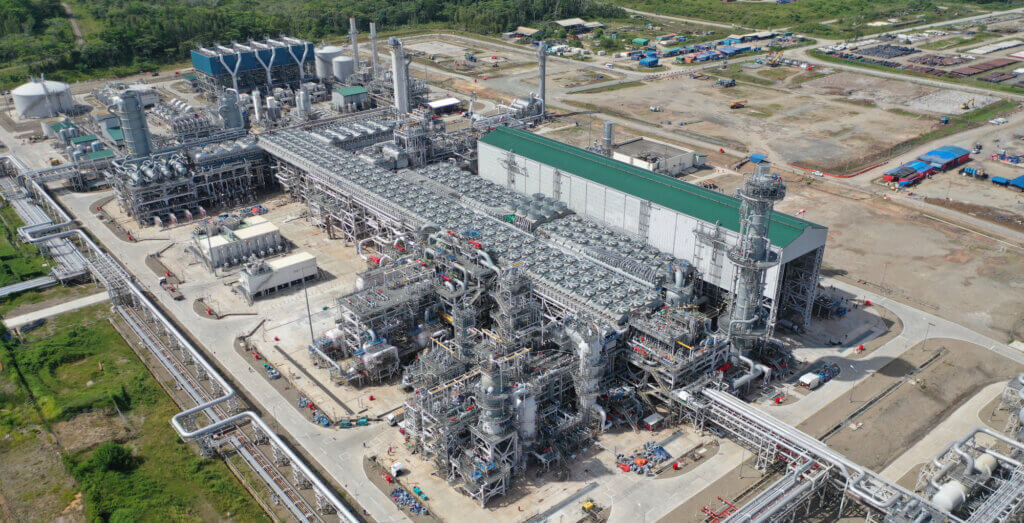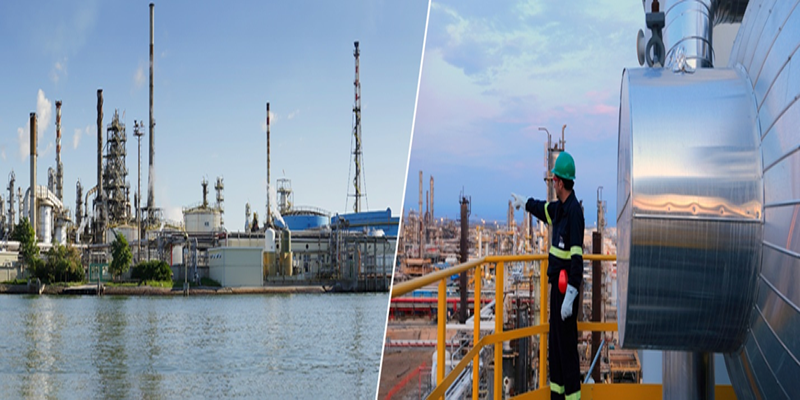
The Venice and Gela biorefineries represent Eni’s commitment to the path towards decarbonisation.
Advanced biofuels to decarbonize transport
Biorefineries play a central role in Eni’s evolution because they contribute to achieving our main goal of net zero emissions by 2050. The hydrogenated biofuels (HVOs) we produce from feedstocks that do not compete directly with food and feed crops, such as waste and agricultural residues, are key to reducing greenhouse gas emissions in the transport sector. Biorefineries are also the result of our ongoing commitment to research and technological innovation. Thanks to the development of proprietary technologies patented in our Research Centres, we have completely reorganised the traditional refineries in Venice and Gela, converting them to process raw materials of biological origin (vegetable oils, but also animal fats and used cooking oils or algal oil) and making increasing use of waste and residue feedstocks.
Moreover, we launched the feasibility study on a third biorefinery in the industrial area in Livorno, thus maximising the synergies with the infrastructure that is already available and ensuring a productive future for the site with ample employment opportunities. The project involves building three new plants for the production of hydrogenated biofuel: a biogenic feedstock pre-treatment unit, a 500,000 tonne/year Ecofining™ plant and a plant for the production of hydrogen from methane gas.
Furthermore, by 2023 our biorefineries will be palm oil free in advance of the relevant European regulations, i.e. they will not use palm oil in their production cycles: instead, alternative feedstocks (e.g. used cooking and frying oils, animal fats and vegetable oil processing waste) and advanced feedstocks (e.g. algae and waste oils, as well as wood and bio-oils from lignocellulosic waste) will be used. During the course of the 2022-2025 Strategic Plan, processing capacity will reach 2 MTPA through the expansion of the Venice plant and the conversion of another conventional refinery, and we plan to increase it to 6 MTPA over the next decade. To accelerate the use of our high-quality biofuels, we have also set the goal of bringing together our biorefining and marketing activities in a dedicated sustainable mobility company, which will enjoy a unique market position as a customer-focused multi-energy, multi-service business.
Finally, a further line of development in the field of fuels produced from waste concerns the possibility of obtaining pyrolysis oil from the treatment of end-of-life tyres (ELTs). This particular area is the subject of an agreement with Ecopneus signed in July 2021 for studies and experiments aimed at assessing the most suitable technologies for exploiting ELTs and obtaining both energy products (pyrolysis oil) and chemical products (asphalts, surfaces for sports activities, acoustic insulation, street furniture, etc.) as part of a virtuous circular economy cycle.
Agri-hub for vertical integration of sustainable feedstock supply
In 2021, we launched a series of joint initiatives in a number of African countries to set up a network of so-called agri-hubs capable of vertically integrating the production of sustainable feedstock for biorefineries, with the aim of covering 35% of supply by 2025. Agri-hubs have been set up in countries where we are already present and are designed to develop a supply chain for biofuels made from feedstocks that do not compete directly with food production, such as agricultural processing residues, crops not intended for food or fodder production and cover plants in crop rotation. The objective is twofold: to provide raw material for Eni’s biorefining system in Italy and to promote the conversion of refineries into biorefineries directly in Africa. In this context, an early benchmark is Kenya which, as part of its decarbonisation strategy, in collaboration with Eni, is aiming to convert the Mombasa refinery into a biorefinery and to build a second-generation bio-ethanol plant from waste biomass.
Sustainable aviation fuels: the future of air transport
Biorefineries are also a key for the production of sustainable aviation fuels (SAFs). Since October 2021, the Taranto refinery has been producing a first co-fired product with a 0.5% share of used vegetable and frying oils (UCO). Today Eni sells JET A1+Eni Saf (fuel containing a bio-component made through a co-processing technology) from those oils. Within 2022, production at the Livorno refinery is expected to become fully operational. The refinery will distil the bio-components produced in the Gela bio-refinery thanks to the Ecofining™ proprietary technology. This product, named “Eni Biojet”, contains a 100% biogenic components and can be used in a blend with conventional jet fuel of up to 50%. Growth will continue from 2024 with the start of production of “Eni Biojet” in Gela, where a project is already underway that will allow for an additional 150,000 tonnes/year produced from renewable raw materials to be placed on the market.
The component from renewable feedstock, if derived from UCO, allows a reduction of greenhouse gases potentially higher than 90% compared to the same amount coming from fossil feedstock (fossil reference mix), according to the European Renewable Energy Directive II, EU 2018/2001 (RED II). Considered in the short to medium term as the main way to significantly contribute to the decarbonisation of air travel, Sustainable Aviation Fuels are promoted by several initiatives such as the 2019 European Green Deal, Cop 26, the proposed Refuel EU aviation regulation of the “Fit for 55” package and also by the “SAF Grand challenge” Memorandum of Understanding in the USA.
Venice: the first conventional refinery in the world to go “bio”
The Venice biorefinery in Porto Marghera was the world’s first example of converting a traditional refinery into a biorefinery and for which a patent on the technology used was obtained. Since 2014, we have been processing and converting around 360,000 tonnes of bio-based feedstock per year in the Venice plant. From 2024, with a further upgrade, we plan to increase processing capacity to 560,000 tonnes per year, with an increasing share coming from food production waste, such as waste oil, animal fat and other advanced by-products. At that point, the Venice biorefinery will produce 420,000 tonnes per year of HVO (Hydrotreated Vegetable Oil) biofuel. What makes this process possible is the proprietary Ecofining™ technology developed together with UOP Honeywell which, due to its great flexibility, allows different types of feedstocks to be processed.
Gela: one of the most innovative biorefineries in Europe
After more than three million hours of work, the Gela biorefinery also began operations in August 2019. The Sicilian plant has a processing capacity of up to 750,000 tonnes per year of used vegetable oils, frying and animal fats and waste by-products or from crops grown on marginal land to produce quality biofuels. In addition, in March 2021, the new BTU – Biomass Treatment Unit plant started trial production and testing. It will make it possible to use up to 100% of biomass that is not in competition with the food production, i.e., for example, used edible oils and fats derived from fish and meat processing in Sicily. The aim is to create a local circular economy model for the production of biodiesel, bio naphtha, bio-LPG and bio jet fuel. The biorefinery will also be fuelled by castor oil, thanks to vertical integration projects under development in the African countries.
In addition, a Waste-to-Fuel pilot plant is operating in Gela on a continuous basis, fed daily by organic waste collected by the Ragusa waste management service regulation company. The new biorefinery, which is considered by all technical standards to be the most innovative in Europe, has taken the place of a large petrochemical plant, which had been built starting in 1962 and whose plants have not been shut down.
Ecofining™: the technological heart of biorefineries
We have developed the innovative Ecofining™ technology in our San Donato laboratories in collaboration with Honeywell-UOP, which enables us to obtain high quality biofuels from raw materials of biological origin. The process consists of two steps: hydrodeoxygenation and isomerisation. In the first, we treat the feedstock with hydrogen to remove oxygen and saturate the double bonds, while in the second, we “rearrange” the paraffins to improve the cold properties of the final product. The result is called Hydrotreated Vegetable Oil (HVO), a biofuel with qualities superior to those obtained by the traditional method (which produces so-called FAME: Fatty Acid Methyl Esters) in terms of energy content, impurities and performance in cold temperatures. Fifteen per cent of this HVO goes into our Eni Diesel+ fuel.










